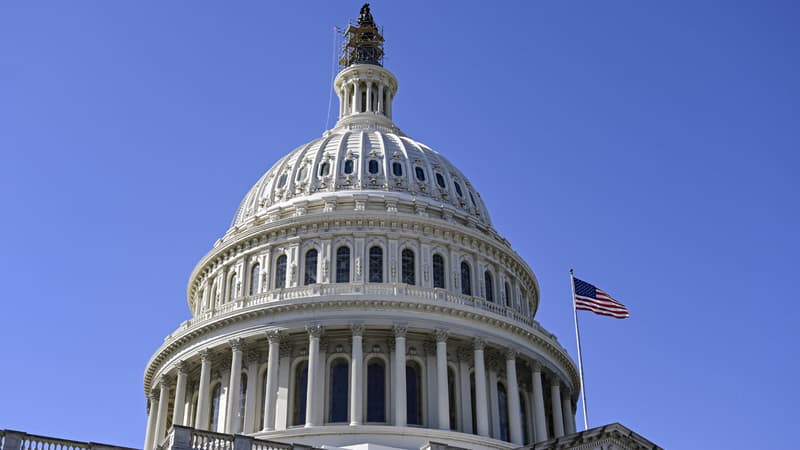As an air of prohibition 2.0, US legislation hardens. On September 11, 2025, it presented a new bill called “Anti -Corruption of the Public Morality Law” (anti -corruption of public customs, note of the editor)) This project aims to prohibit the online distribution of any content that is considered “corrupt of public manners.”
Its definition not only includes explicit sexual acts, but also any representation, description or simulation of these acts, whether real, animated, digitally generated, written or audible. The measures provide sentences of up to 20 years in prison and fines of up to $ 100,000, including the distribution of online pornography.
An important and scary scope
But the scope of this law is extremely broad. Not only is it directed to obvious pornography, but also to erotic literature, video games and films with sexual scenes, as well as the content associated with sexuality, such as BDSM or even the ASMR content called with erotic connotation, for the moment. Cultural or artistic creations such as films such as 50 tones of gray or when Harry meets Sally could be criminalized according to this extended definition.
This draft legislation also includes a particularly controversial and libycid clause, which prohibits “any representation or simulation that presents a person who presents itself as belonging to the opposite sex through clothing, makeup or prostheses, or claiming a reproductive nature contrary to their biological sex”, we read in the text of the bill.
Therefore, this text could lead to prohibit not only the publication of photos or videos of transgender people, but simply and simply their free expression online. A serious attack on fundamental freedoms and human rights.
Attacks against VPNS
Beyond the forbidden content, the law wants to impose on Internet service providers the obligation to implement filtering technologies to prevent Michigan residents from accessing this content. This measure leaves little space for previous judicial control, which could cause excessive blockade of content for fear of sanctions.
In addition, the law also requires active monitoring and blocking of derivation tools such as VPNs, widely used to guarantee security or omit censorship, in fact, prohibiting its use and marketing. The project led by Josh Schriver thus marks an unprecedented authoritarian turning point to regulate online content in the United States, for its magnitude and technical means.
It is still examined
The bill is still under examination and faces legal criticism, particularly in its possible incompatibility with US constitutional protections, such as the “first amendment.” His political future remains uncertain, but illustrates the growing polarization around issues of sexual expression and gender identity in the American political landscape.
The Regional Detroit Free Press newspaper points out, on the other hand, that “Schriver, considered one of the most conservative members of the State Legislative Assembly, has already mentioned any change in the law, without specifying how it would be modified.” If adopted, the bill would go into force after 90 days.
Source: BFM TV


